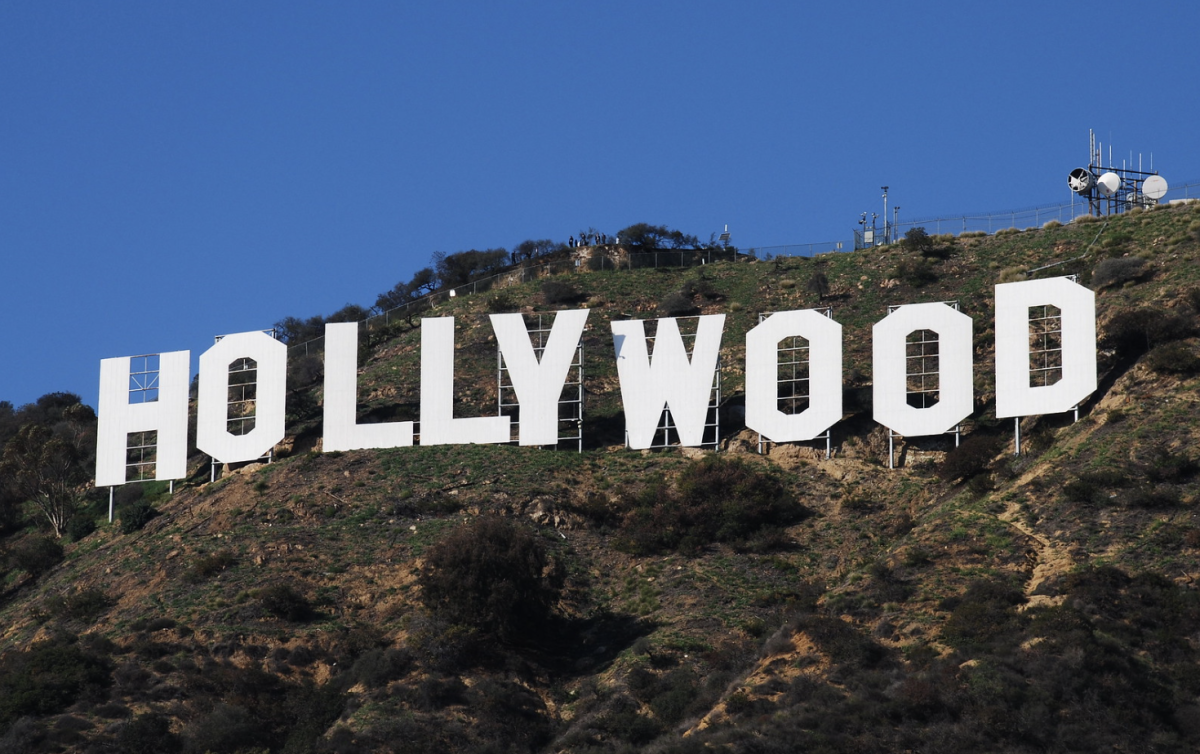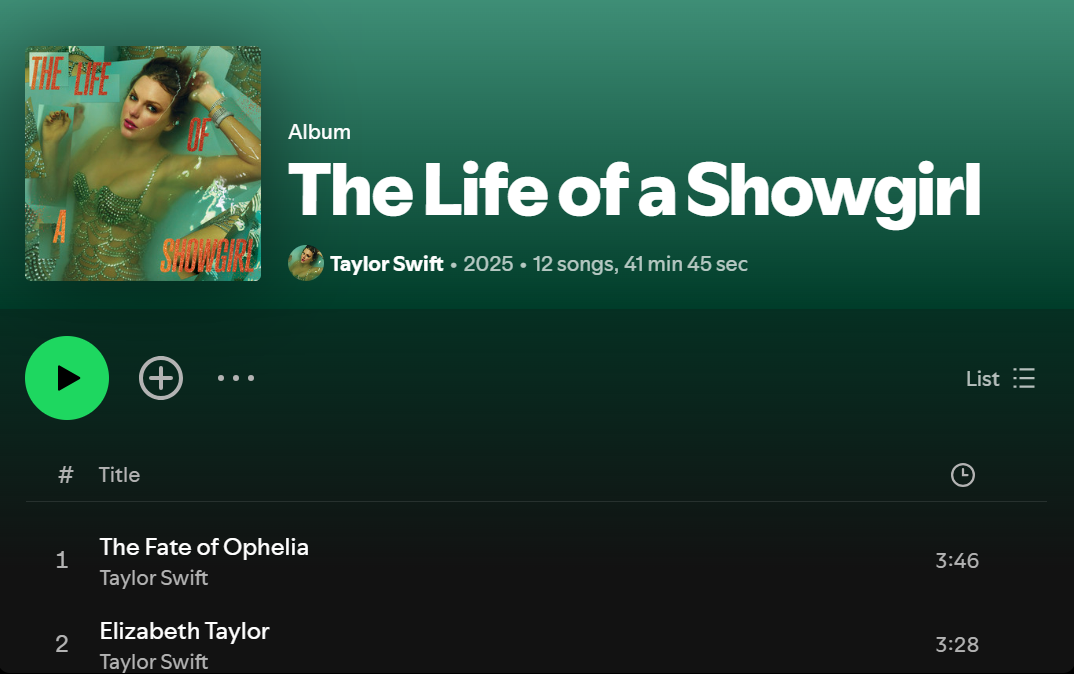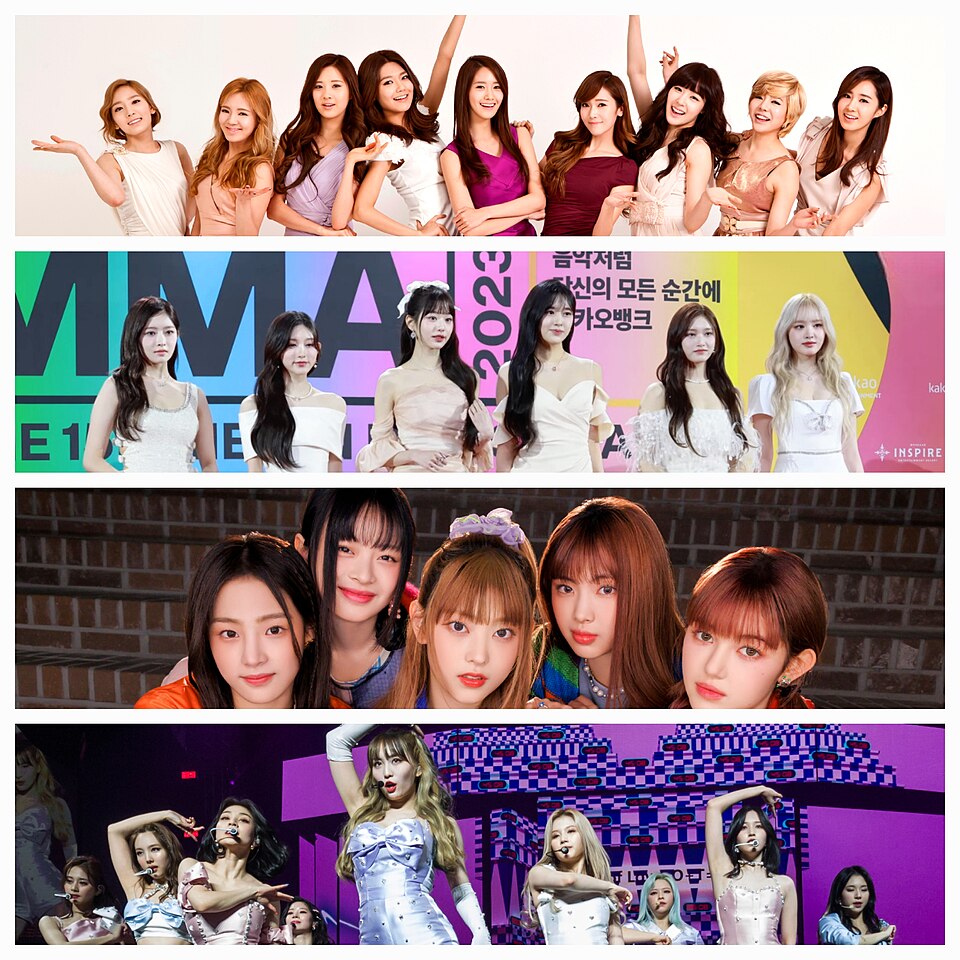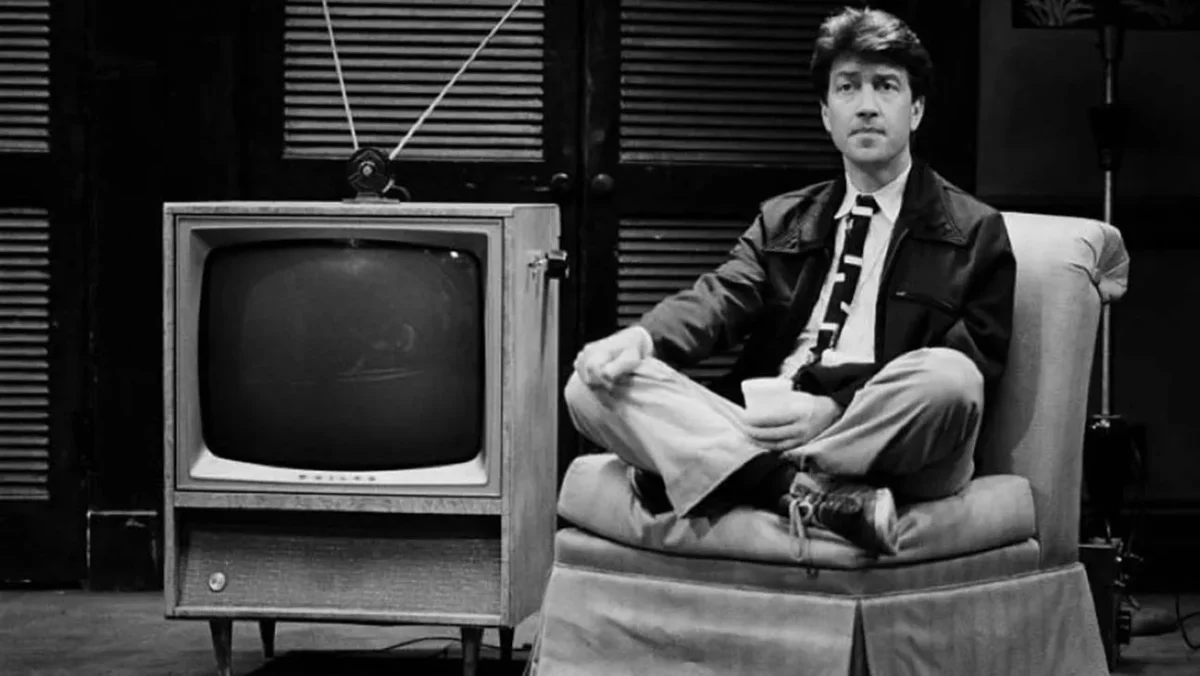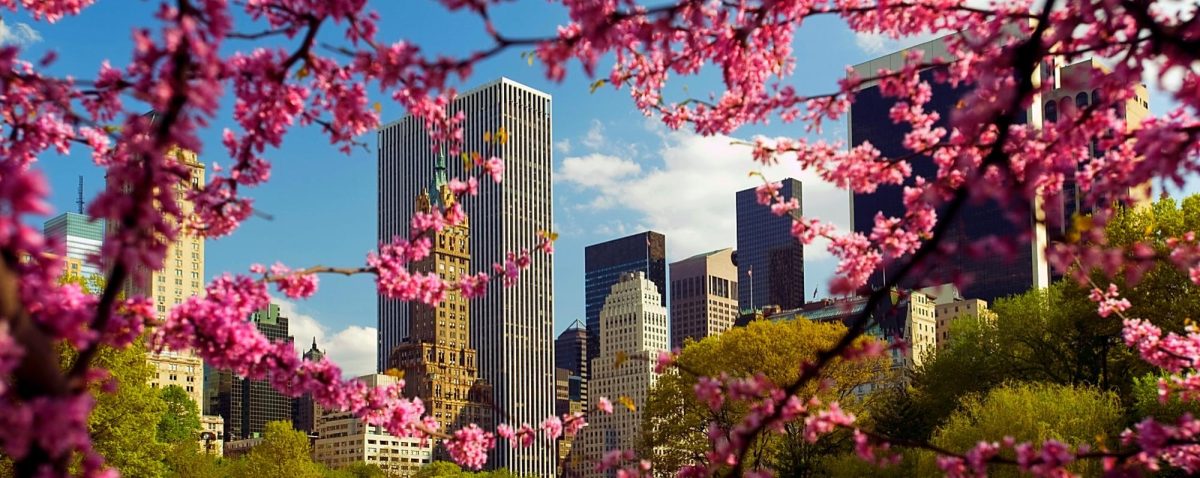Hollywood has seen more diversity initiatives within the past two decades than ever before. Hollywood has made history annually through nominations and wins for actors of color, and this recognition in mainstream media has been long awaited. While it is evident award shows are becoming more diverse with their nominations, are they truly any good?
The 2015 #OscarsSoWhite hashtag was created in direct response to the lack of diversity at the year’s ceremony, where no people of color were nominated for any acting awards. However, this campaign was in the making for many years prior.
The first and only black woman to win best actress was Halle Berry in 2001, and only five black men have won the award since 1958. It’s not as if black actors aren’t putting out good performances, so this begs the question: Why does the Academy Awards prefer selecting their white counterparts?
The Academy Awards have been around for around 100 years, yet we’ve only begun to witness the celebration of Black success recently. Many viewers and actors alike wonder, how do we acknowledge these firsts while also recognizing that this should be the norm?
The concept of two black actors winning best performance in their gendered category shouldn’t be the pinnacle of progress; Black actors have been around for almost as long as the Oscars themselves. While the celebration of their efforts should’ve begun years ago, I’m glad to see it unfolding right before my eyes. While we are not witnessing the recognition of Black actors at the rate in which we witness those of their white counterparts, I continue to hope for that immersion.
While Black actors and actresses are following up firsts from decades ago, figures of other backgrounds also begin to pave their own way. Ang Lee became the first Asian to win Best Director for Brokeback Mountain (2005); Lee was also previously nominated for Crouching Tiger, Hidden Dragon (2000). But why did Lee win for Brokeback, a movie about two white gay men, as opposed to a movie that features an Asian main cast and is based in China?
Since 2019, there have been many firsts for Asian creatives. Bong Joon-Ho became the first Korean to be nominated for Best Director for his 2019 movie Parasite. Chloe Zhao followed quickly behind him with her 2020 Nomadland win, making her the first Asian woman to win Best Director.
And those wins continue, notably changing the dynamic of minority recognition in the acting world. Most remarkably, the release of 2022’s Everything Everywhere All at Once changed everything. Daniel Kwan won best director for the critically acclaimed film, an award he shares with co-director Daniel Scheinert. The star of the film, Michelle Yeoh, became the second woman of color to win Best Actress, and her co-star Ke Huy Quan became the second Asian actor to win in the Best Supporting actor category.
But unfortunately, everyone can’t win it all. Movies like Past Lives, Killers of the Flower Moon, and May December received nominations but ultimately did not receive the corresponding awards. The performance of Korean-American actor Charles Melton in May December left many people rooting for him, just for him to not receive an Oscar nomination at all. Celine Song’s Past Lives was coined the best movie of the year for many viewers, with its silently heartbreaking dialogue and series of events. Yet it seems as though being a fan favorite movie doesn’t sway the opinions of the Academy.
But what came as a surprise to me were the losses that happened to Killers of the Flower Moon. The film is directed by Martin Scorcese, one of the most awarded directors of our time; the film’s lead actress, Lily Gladstone (she/they) made history as the first Native American to be nominated for best lead actress at the Oscars, and the first to win best lead actress at the Golden Globes. Gladstone swept the drama categories this award season, paving her way towards the Oscars. For Gladstone to win an Oscar would be history in the making, shedding light onto the talents of Native American actors. She ultimately lost the award to Emma Stone, but I find solace in the fact that Gladstone has been launched into the spotlight and they’ll be casted in more projects; it is in hopes that they’ll win the award in the future.
The goal of this article is not to denounce the wins of talented performers and directors. However, in our modern world, it feels necessary to acknowledge the long and white-centric history of the Oscars while simultaneously celebrating the achievements those of color are making. It’s not as if people of color just started putting out good performances, but now Hollywood isn’t able to ignore them so easily.
So now we’re forced to consider: What does this all mean?
It means we have to keep showing up for films focusing on diverse stories. To support diverse casts can look like seeing them in theater, ultimately generating acknowledgment that otherwise may fall under the radar. In an industry that relies on the viewers and statistics, a film’s success often falls in the hands of the audience. Do we spend those twenty dollars to see another iteration of a superhero movie, or do we go check out something that’s original and potentially better?
When we push for the stories we want to see, we generate a space in which they can exist. It shows studios that these ideas are appealing to the masses, and are profitable. At the end of the day, it doesn’t matter how inclusive a story is if it fails to make those blockbuster numbers; thus, we as the audience must generate that promotion, ensuring these stories get the same attention white-centered films receive.


